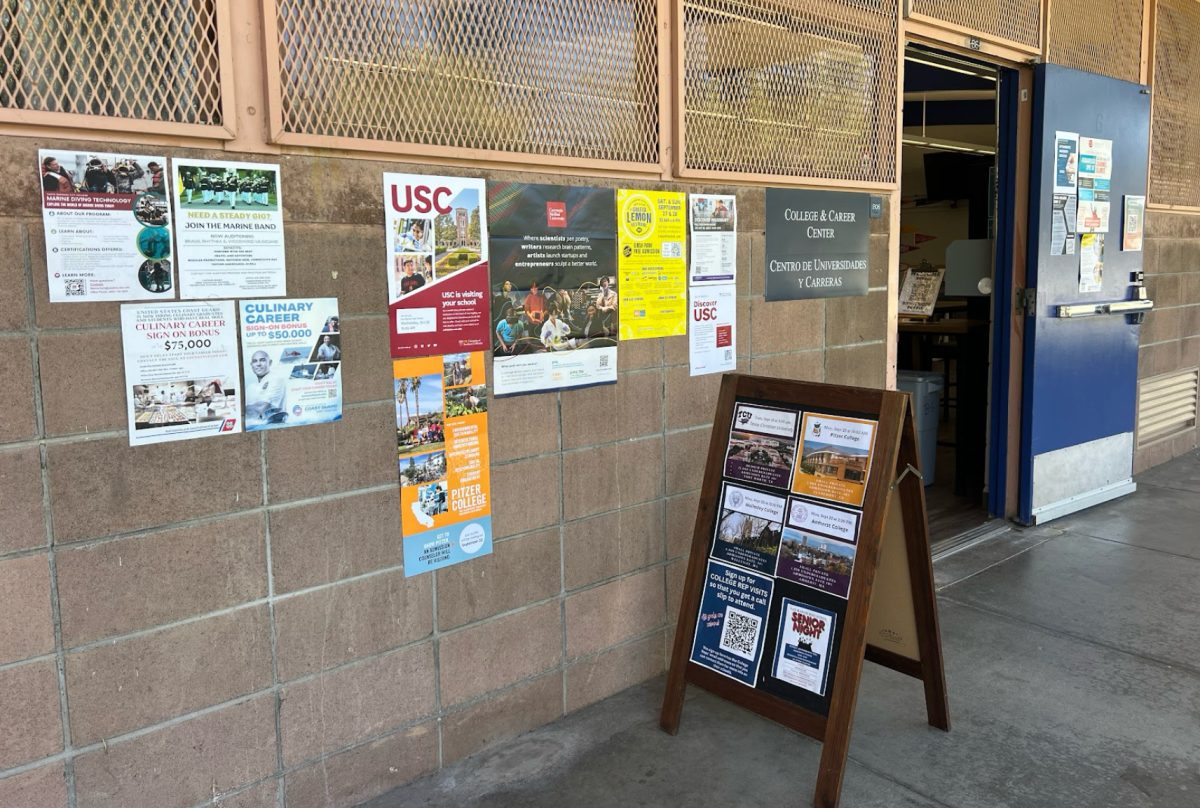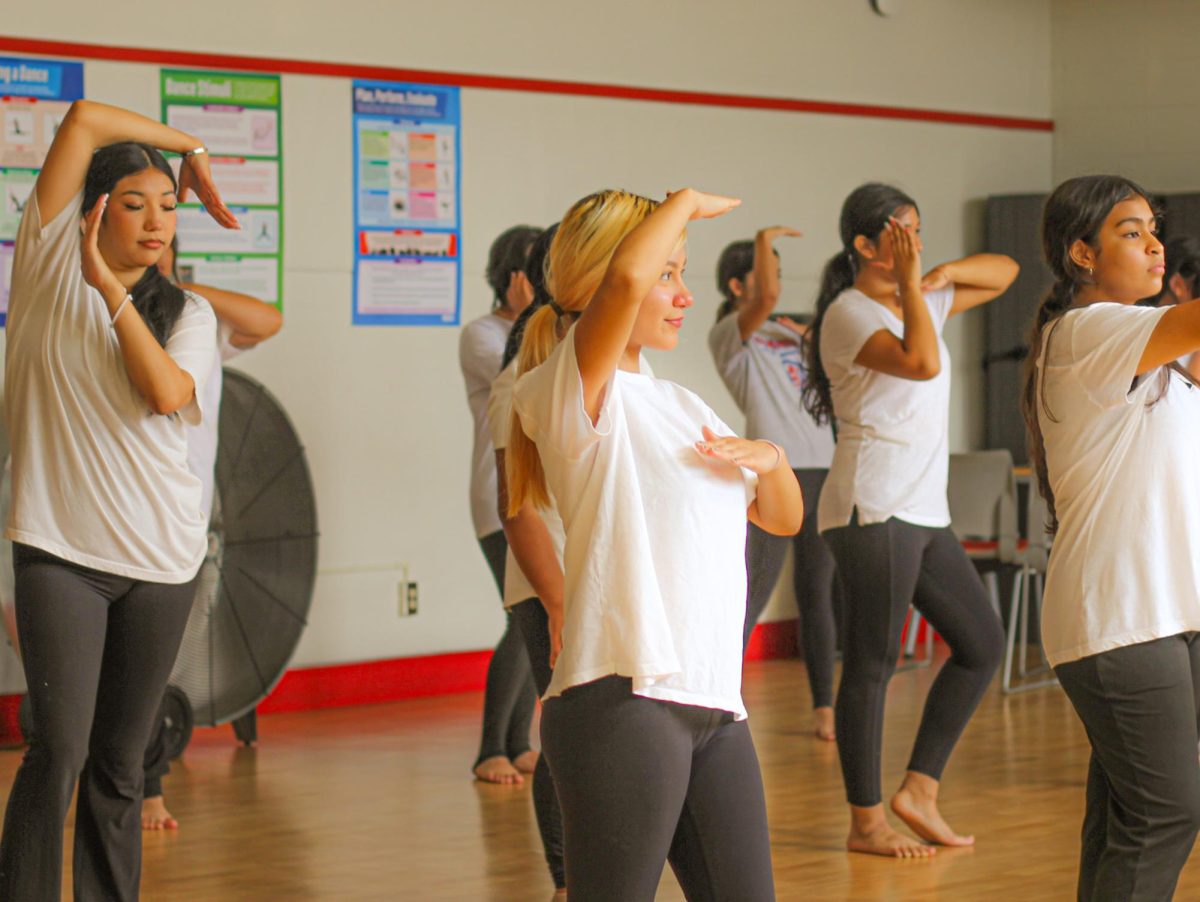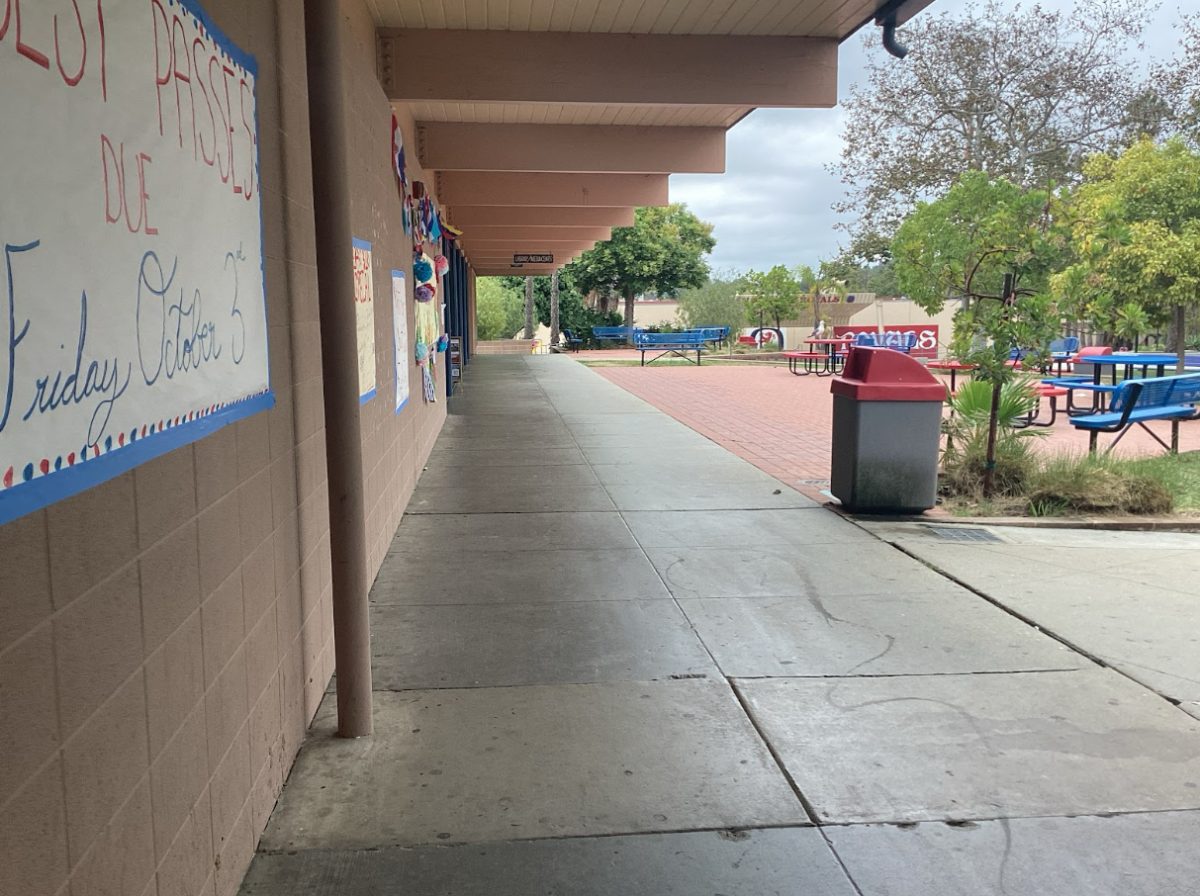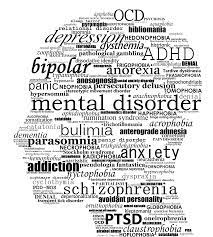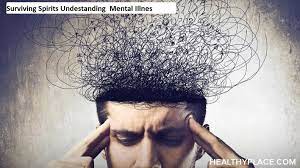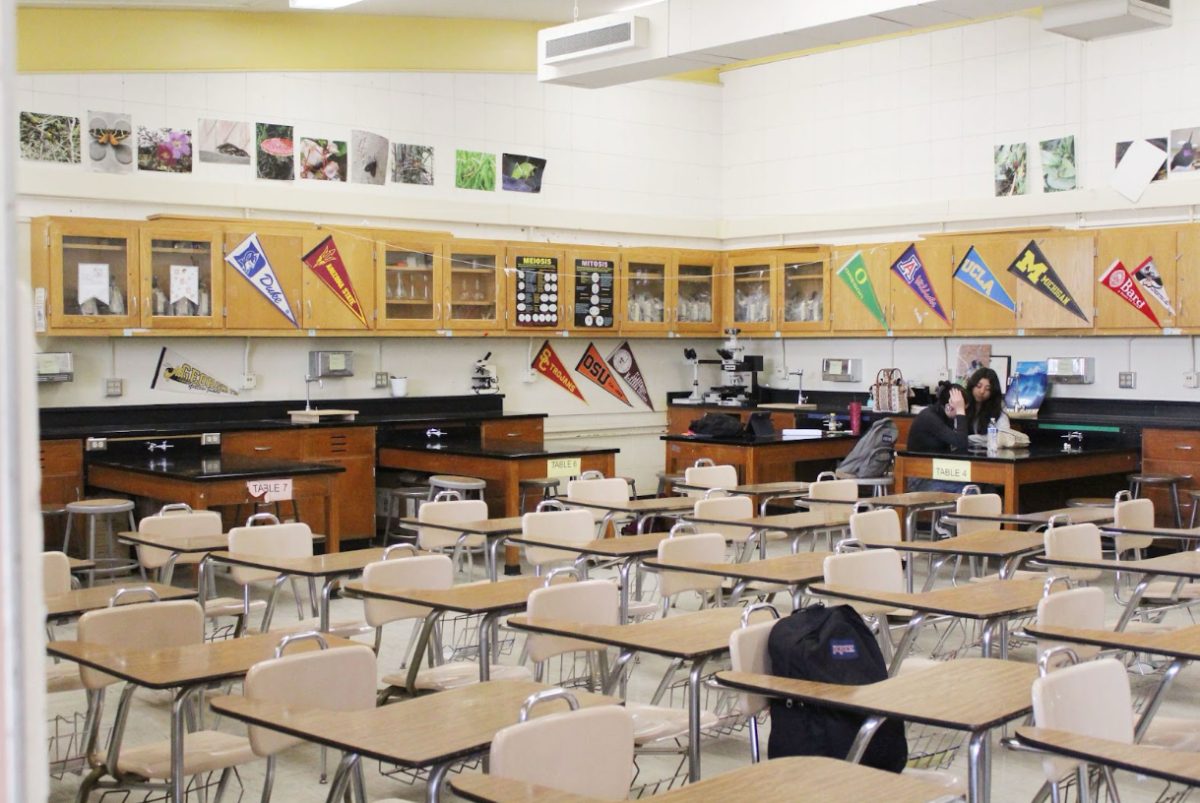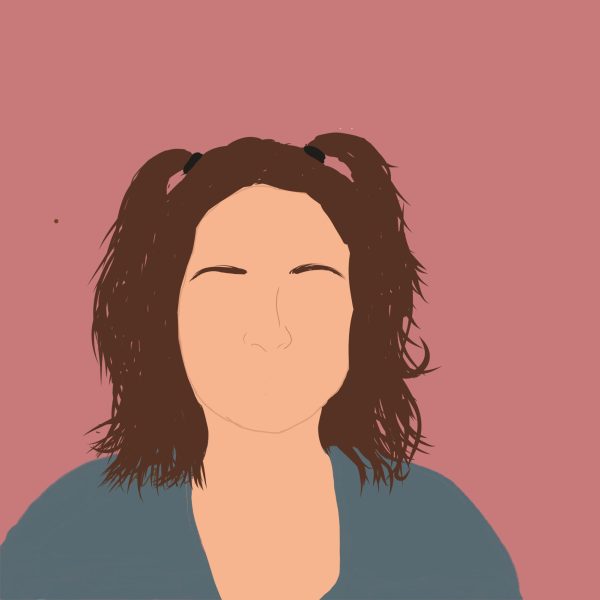For the first time in over a year and a half students are finally able to get a full back-to-school experience without any COVID restrictions. Sources like the National Library of Medicine describe how students’ mental health has worsened throughout the pandemic and how it had led to a “heightened sense of loneliness, distress, anger, and boredom—causing an increase in negative psychological outcomes.” As school gets back “into the swing of things”, even without online learning, the workload, and intensity increase. This can have potentially negative effects on the mental health of students throughout the school.
In theory, with the end of online school mental health in students should be improving which is a trend that we have seen with some. “I just learned to accept there are things out of my control,” explains Alex Muller, a senior who also mentions how much more relaxed he feels with this school year. However, some are still feeling overwhelmed by school starting. Kenzie Hessell, a sophomore, describes school as an “endless list of things to do.” Many students can relate to this because as school intensifies, the curriculum progresses, and the overall workload increases. “Mental health gets worse as the school year progresses,” explains junior Evelina Erickson.
With the increased stress surrounding school, learning stops being as enjoyable but rather becomes something that students have to get through. Many others also share the same concern. “My teachers need to stop lecturing and let us do fun things,” said Jaiden Gengo, a junior. This isn’t to say that teachers aren’t trying to keep school interactive and interesting. Many spend time and effort to keep their lessons as entertaining as possible, however, with the quick switch from summer to school, this transition can be difficult for students.
Another factor that doesn’t always help in our block schedule, is that despite many benefits can be difficult to adjust to. With the block scheduling, the curriculums for all classes essentially need to be expedited which can be demanding to keep up with. During a time of year like right now when the curriculum is already moving ahead but the school year is just starting, adjusting can be strenuous. Overall, block schedules have many benefits however, during this time of year the downfalls may be more obvious.
An apparent theme has been that with increased workloads, students have felt more anxiety surrounding schoolwork. A sophomore, Ben Watson explained, “School has contributed to both burnout and stress and anxiety.” Some students may not feel the heavy toll that school can take on their mental health. However, even taking that into account, many students get anxious with deadlines regarding their higher workloads. A freshman weighed in on this, “My mental health hasn’t really changed because of school, but sometimes I get a little bit stressed at times but I kind of choose that path for myself and work myself through it.”
Another issue that often adds stress to the school environment is the social aspect. Despite it being an often positive part of the school experience, making friends and building those relationships initially can be difficult which can also be negative for high schoolers’ mental health. Another freshman shared their experience. They said, “it is a little stressful meeting new people, but once I found a group of friends it has been much less stressful.” Due to the break from in-person schooling, those interactions become more crucial.
With the school year starting many may feel overwhelmed. The eagerness of bringing the school back to the way it was before the pandemic often leads to an excessive amount of work for both teachers and students. With everything getting back into the rhythm of things, it is important to maintain a steady mindset about schoolwork but prioritize overall mental wellness.
*** Mental health is very important and it is crucial that you prioritize your health, including your mental health. Please don’t wait to seek out help. If you are in need of help, your guidance counselors are also available to provide you with resources. The suicide pervention hotline is 988 ***





